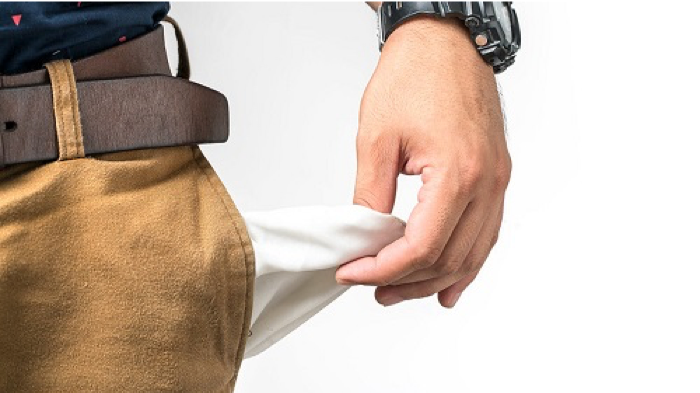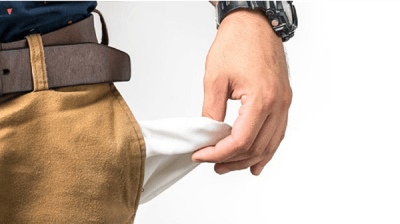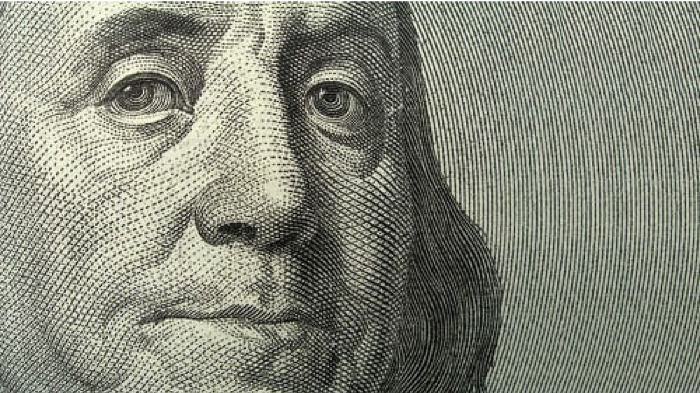What Happens After You Pay Off a Loan?
Paying off a loan comes with a sense of relief and satisfaction. But what happens after you pass this milestone? You’ll have a few loose ends to wrap...
Manage your everyday finances with convenient accounts, flexible cards, and personalized service designed to fit your life.
At First Federal Bank, we offer flexible mortgage solutions for almost any situation, helping you secure the right financing for your dream home.
Business banking offers secure financial management, streamlined transactions, credit options, and tools to help businesses grow efficiently and sustainably.
2 min read
First Federal Bank : November 9, 2022 10:00:00 AM EST

 Filing for bankruptcy is a last-resort legal tool for individuals who are overwhelmed with bills and drowning in debt they can’t pay. If you’re considering bankruptcy, here’s a closer look at how it will affect the loan balances you owe:
Filing for bankruptcy is a last-resort legal tool for individuals who are overwhelmed with bills and drowning in debt they can’t pay. If you’re considering bankruptcy, here’s a closer look at how it will affect the loan balances you owe:
Secured and unsecured debt
If you have loan debt, it is either secured or unsecured. Secured loans require you to put up collateral — an asset that the lender has a right to claim in case you fail to pay. Mortgages and auto loans fall into this category. Unsecured loans don’t require collateral, they rely on a lender’s assessment of whether you’ll be able to pay. Examples of this include personal loans, credit card loans, and student loans.
What is bankruptcy?
When you file for bankruptcy, you’ll provide a federal bankruptcy court with a roundup of everything you owe, including secured and unsecured loan balances. Then, the court will determine whether these debts can be erased — or reduced and restructured as part of a repayment plan. Successfully filing for bankruptcy can protect your most vital assets while providing financial relief and a fresh start. However, it can also deliver a serious blow to your credit history. Bankruptcy will remain on your credit report for 7-10 years, hurting your ability to obtain a credit card, personal loan, or other forms of credit.
Chapter 7 and loan debt
Chapter 7 bankruptcy can discharge many of your debts if you meet certain requirements for income and expenses. With this type of bankruptcy, you can keep exempt assets like your house and car, but a trustee will sell off your non-exempt assets to repay creditors. At the end of the process, most unsecured loan debt will be wiped from your record and you won’t have to pay it back. Technically, you won’t have to pay on secured loans either. But your collateral can still be seized for non-payment even after you’ve filed for bankruptcy, so it’s best to work out payment plans with these creditors if possible.
Chapter 13 and loan debt
With Chapter 13 bankruptcy, instead of having debts wiped away, you’ll work with a court-provided trustee and your creditors to come up with a payment plan. Chapter 13 will also allow you to keep more of your assets. In this scenario, your loan debts might be reduced as part of the repayment plan, but you’ll still be responsible for paying at least some of what you owe.
What about student loans?
Some debts are considered non-dischargeable, meaning they typically must be repaid even if you go through bankruptcy. Student loan debt falls into this category, which means you’ll still be responsible for making payments even if you successfully file for Chapter 7 bankruptcy. After filing for Chapter 7 bankruptcy, you can go through a separate, “adversary proceeding” process to discharge student loans. However, the eligibility requirements for this are quite strict, and the outcome may also vary depending on whether you have private student loans or federal ones.
While filing for bankruptcy can help you eliminate or reduce many of your loan debts, it’s not a one-size-fits-all option — and it doesn’t apply to every obligation. It’s wise to explore all other avenues of action first, including debt consolidation, mortgage modification, and student loan deferment or forbearance. You’ll also need to obtain extensive legal and financial counsel before proceeding with a bankruptcy filing.

Paying off a loan comes with a sense of relief and satisfaction. But what happens after you pass this milestone? You’ll have a few loose ends to wrap...

It’s no secret unemployment can have serious consequences for your financial health. If you’re in the process of obtaining a loan or you’re already...

As you near your target retirement age, you’ll want to reduce your existing debt to give yourself financial freedom. This includes paying off your...
Manage your accounts, make payments, and more.
Open an account with us.